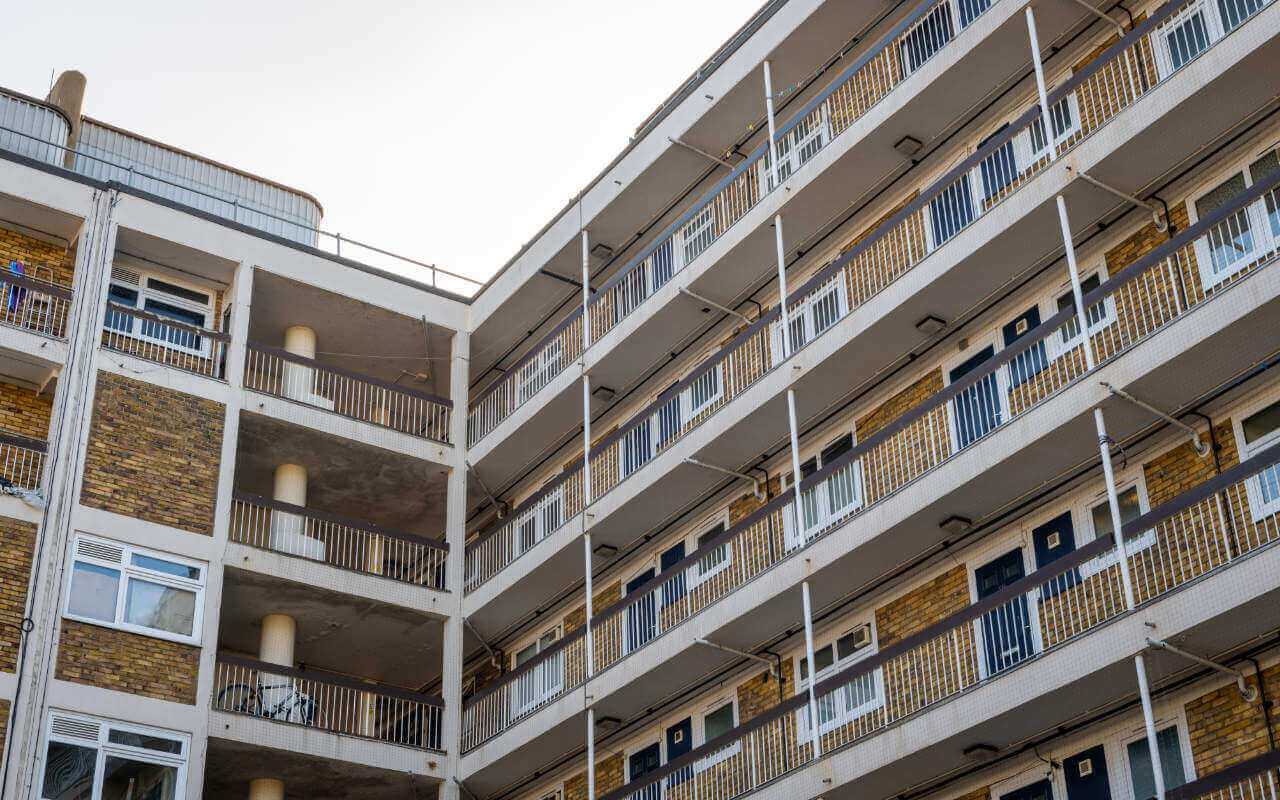On 11 July 2024, the Upper Tribunal (Lands Chamber) dismissed an appeal by the London Borough of Tower Hamlets (“the Landlord”) against a decision of the First-tier Tribunal (FTT). The case revolved around whether the Landlord could recover remedial costs related to structural defects from the residential lessees through service charges. The defects originated from the building’s construction method, known as the Large Panel System (LPS).
Key Legal Points
1.Nature of the Building Defects
The building, constructed using LPS, exhibited structural issues, particularly under abnormal loading conditions. These issues were historically highlighted by the Ronan Point disaster in 1968 where a gas explosion damaging an external wall of the building also caused the floors to collapse due to abnormal loading. This lead to governmental standards being imposed for remedial work to buildings constructed using this method. Reinforcement works for Brewster House and Malting House were carried out in the late 1960s followed by some cladding works in the 1990s. However, a building safety review conducted in 2018 found that the cladding was flammable, and the earlier reinforcement works were not structurally sound. The Landlord undertook the remedial works and sought to recover the costs from the leaseholders through the service charge which the leaseholders challenged in the First Tier Tribunal (FTT).
2. FTT’s Decision and its Lease Analysis
The FTT, in determining whether the Landlord could recover the cost from the leaseholders through the service charge focusing on the following lease terms:
- Clause 5(5)(a): Obligation on the Landlord to “maintain and keep the building in good repair”. The FTT ruled that remedying a major structural defect did not fall within “maintenance” in circumstances where there was no physical damage or deterioration.
- Clause 5(5)(o): A “sweeper” clause allowing the Landlord to carry out and recover the costs of necessary works for proper management and safety. The FTT interpreted this clause narrowly, stating it could not be used to cover extensive and costly structural repairs that were not expressly mentioned in the lease.
- Fifth Schedule: Contained a definition of “Total Expenditure” for service charges. The FTT determined this definition did not encompass the costs for major structural repairs that were not mentioned anywhere else in the lease.
Based on this analysis, the FTT concluded that the Landlord was not permitted to recover the costs of the remedial works through the service charges.
3. Upper Tribunal’s Analysis
The Upper Tribunal affirmed the FTT’s decision on clauses 5(5)(a) and 5(5)(o), and the Fifth Schedule, emphasizing that the lease terms did not support the inclusion of substantial structural repair costs within the service charges.
The interpretation aimed at understanding what a reasonable person would have intended the lease language to mean at the time it was drafted.
4. Impact on Landlords and Lessees
This decision underscores the importance of precise language in leases regarding the scope of recoverable costs through service charges.
Landlords must provide clear, express terms if they intend to pass substantial structural repair costs to lessees. General maintenance or “sweeper” clauses cannot be stretched to cover such significant expenses.
5. Future Implications
The ruling may prompt revisions in lease drafting, ensuring explicit provisions for structural repairs and associated costs.
It also highlights the need for landlords to communicate potential costs to lessees, , to avoid disputes and ensure transparency.
Conclusion
The Upper Tribunal’s decision in The London Borough of Tower Hamlets v. Lessees of Brewster House and Malting House [2024] UKUT 193 reinforces the necessity for clarity in lease terms concerning service charges and recoverable costs. It limits landlords’ ability to impose substantial structural repair costs on lessees through broadly worded clauses, advocating for precise and transparent lease agreements.



